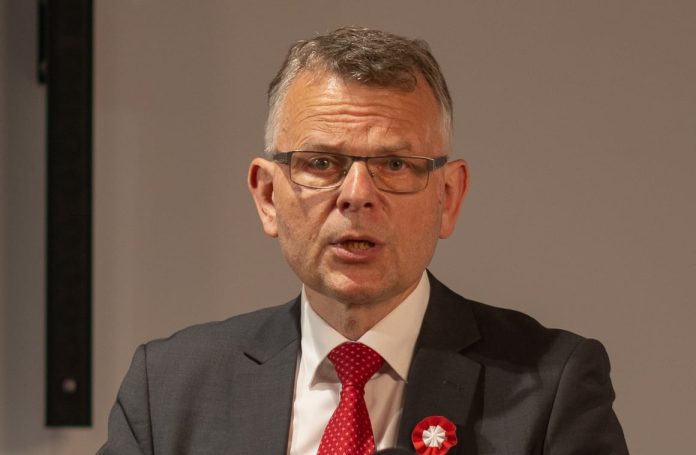The idea of discussing the return of cultural artefacts from Germany to Poland has caused a stir in Warsaw.
On Tuesday, the Polish government abolished the position of coordinator for Polish-German relations after its holder, Krzysztof Ruchniewicz, allegedly proposed holding a seminar to discuss the issue. This is a sensitive issue for Poland, which has been trying for decades to recover a large number of works of art and other cultural objects looted by Germany during the World War II.
In a statement released on Tuesday evening, the Ministry of Foreign Affairs announced that as of August 5, 2025, the position of commissioner for Polish-German social and border co-operation, held by Professor Krzysztof Ruchniewicz, would be abolished. Ruchniewicz is a historian and director of the Pilsztyn Institute, a research centre focusing on the fate of Poles who survived authoritarianism and totalitarianism in the 20th century.
The institute stated that an article in the Rzeczpospolita newspaper about the seminar contained numerous defamatory statements and untruths, and that no meetings related to the return of items to Germany were planned. However, the story sparked outrage from the opposition Law and Justice party, which demanded Ruchniewicz’s dismissal.
Knut Abraham, Ruchniewicz’s German colleague, expressed surprise at the Polish side’s actions on Wednesday. He noted that he had been in Warsaw just a few days ago to discuss joint work with Ruchniewicz and admitted that he was surprised by the abolition of this position.
The role of coordinator was purely representative and aimed at strengthening relations between Germany and Poland. It also involved assisting the Polish government in its dialogue with Germany on historical policy issues, as the two countries are working together to create a memorial house for Polish victims of the Nazi era in Berlin.
